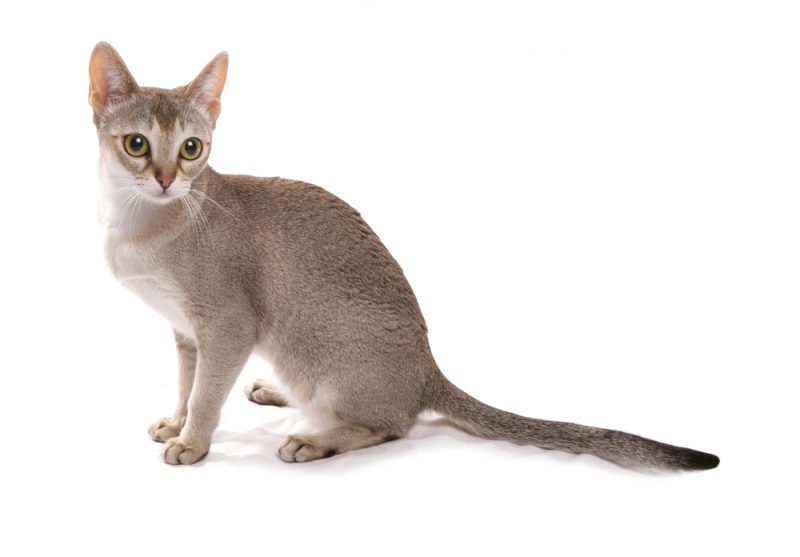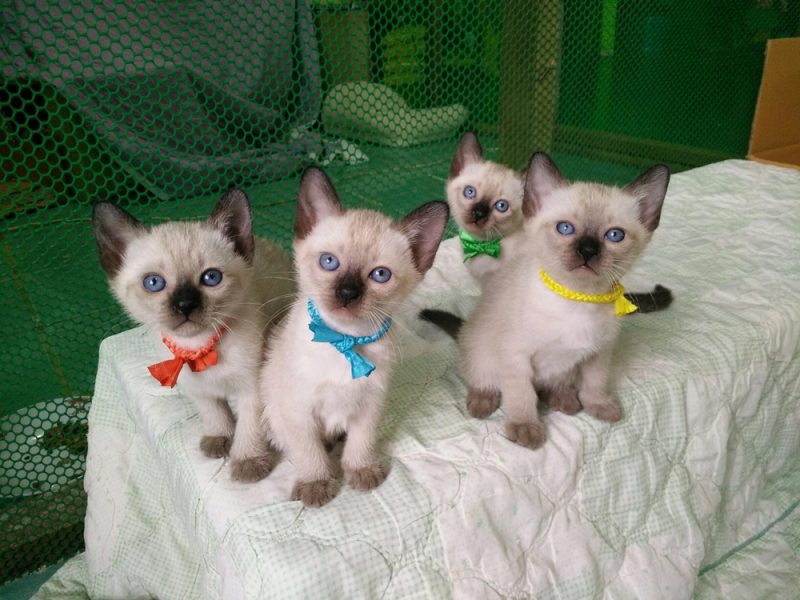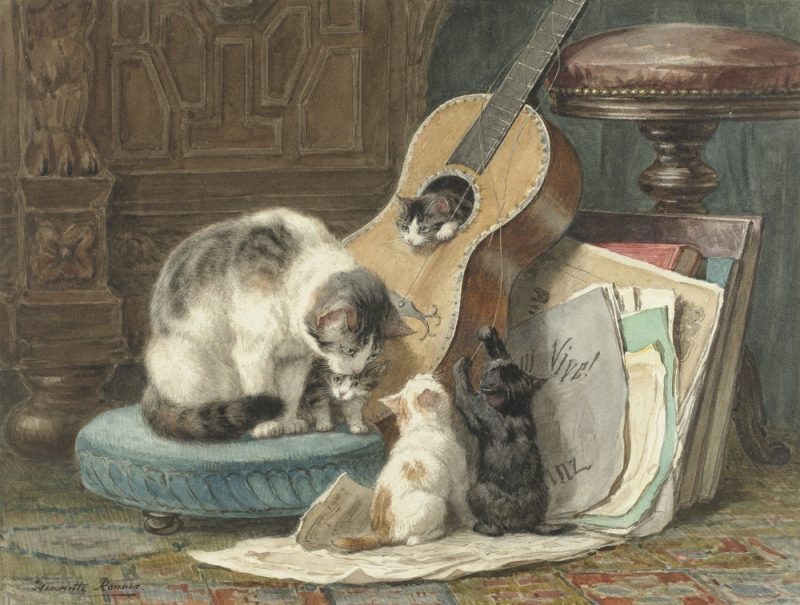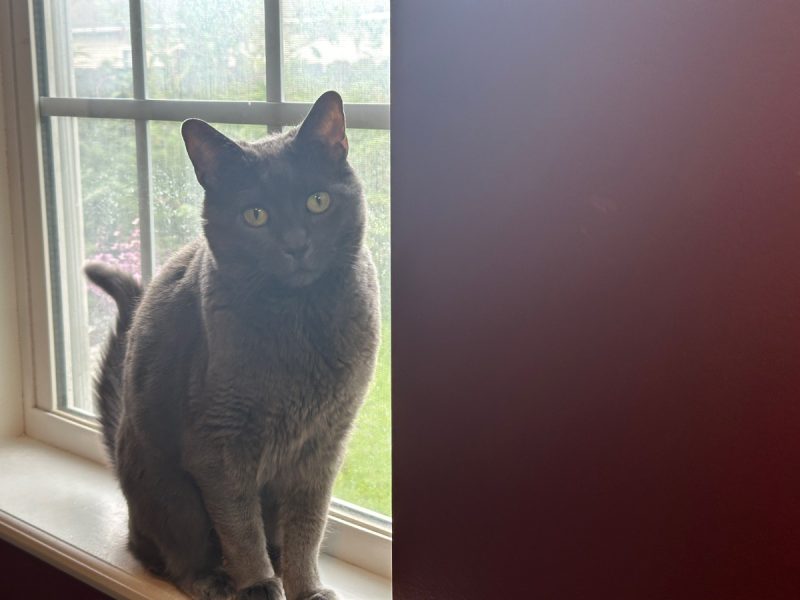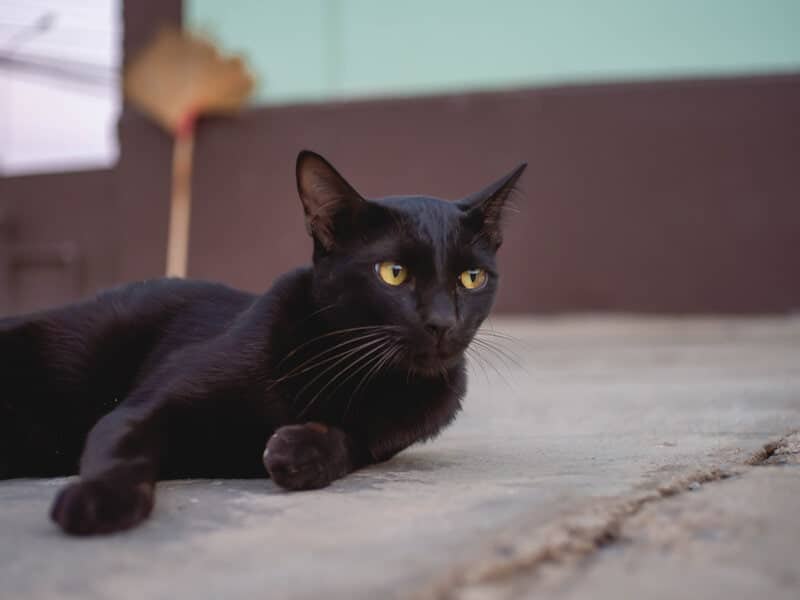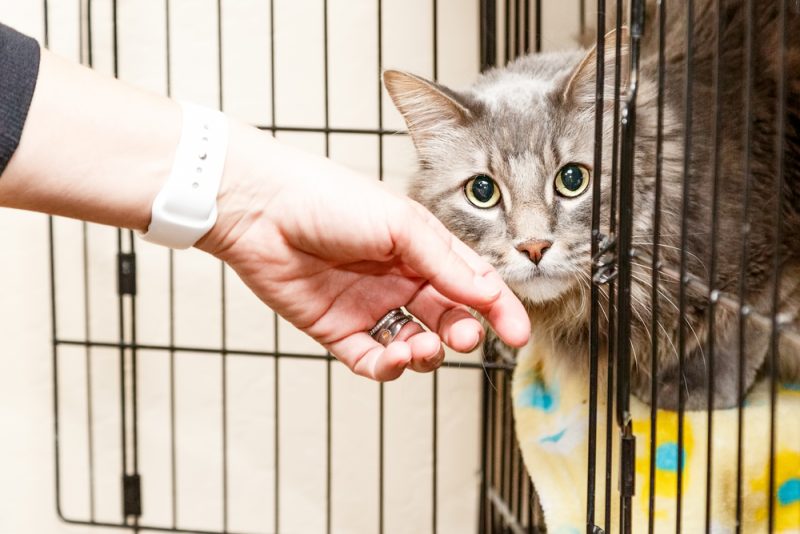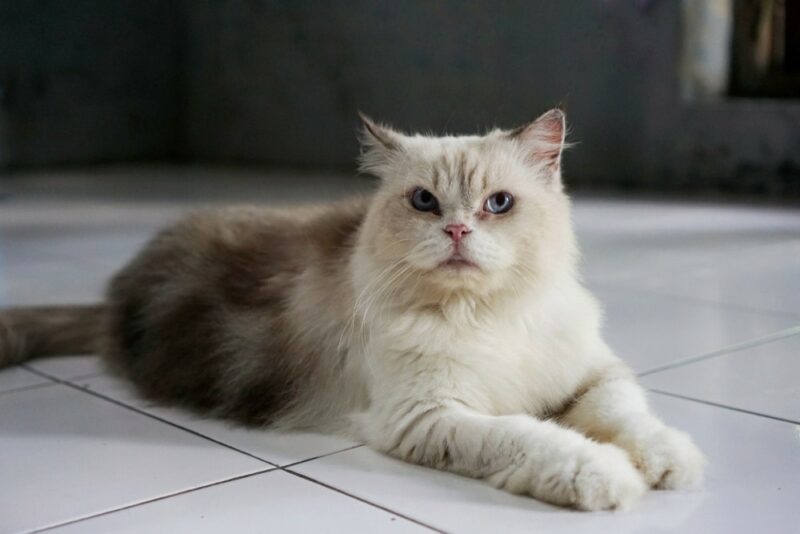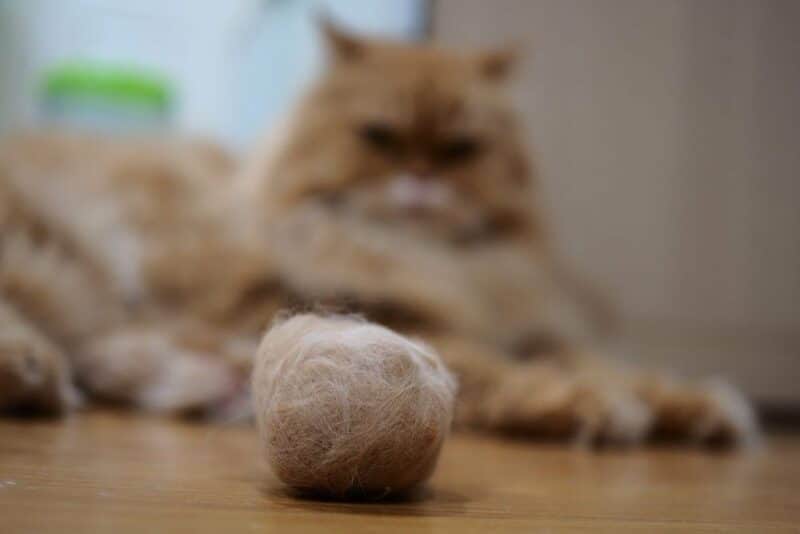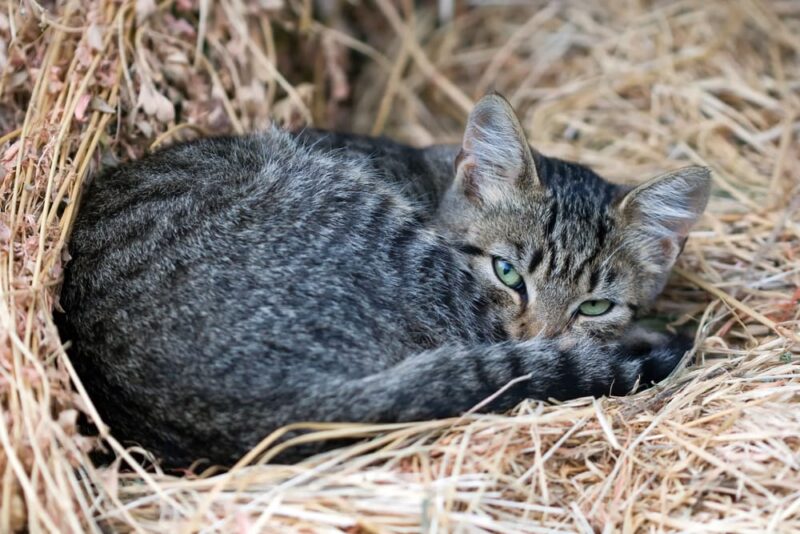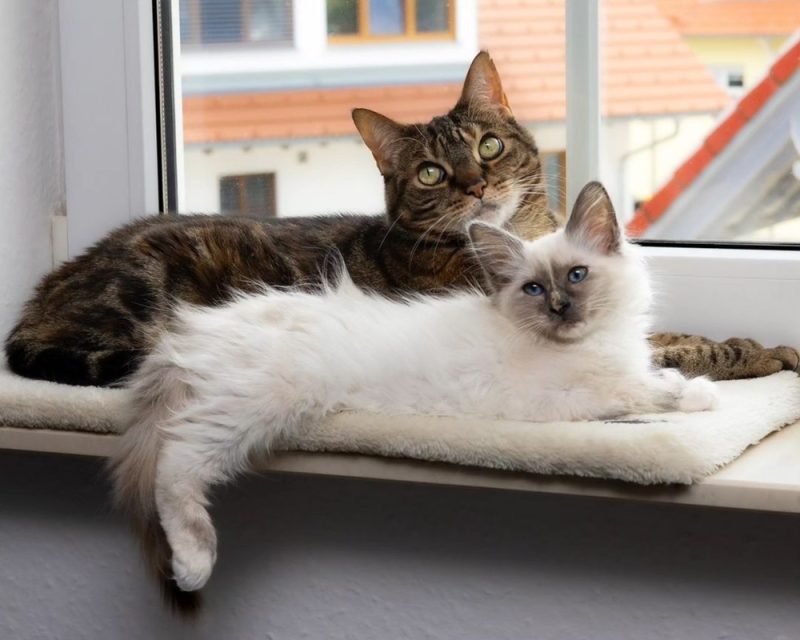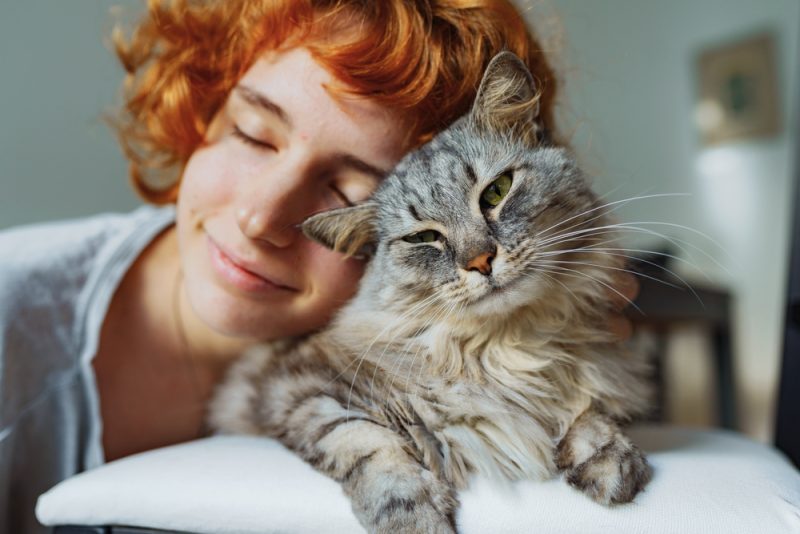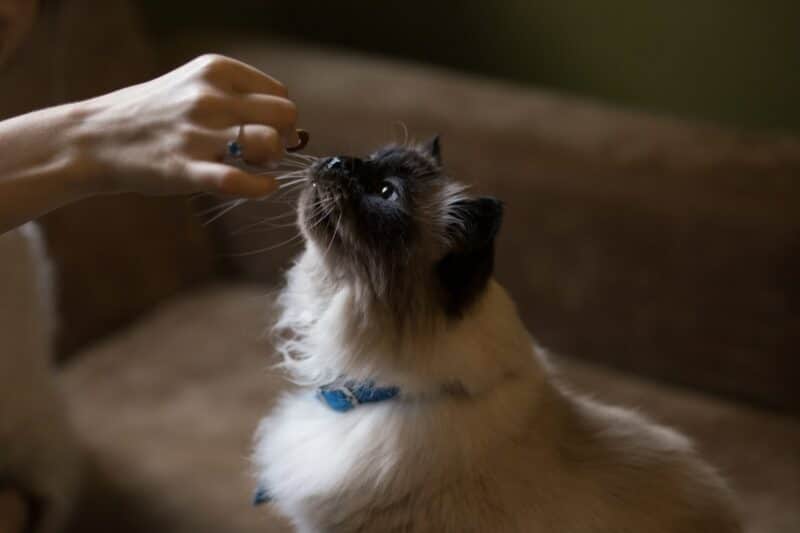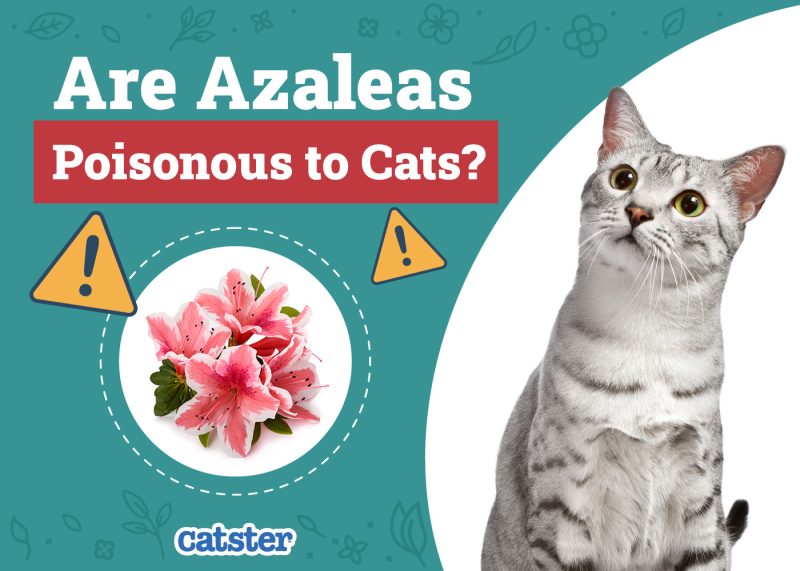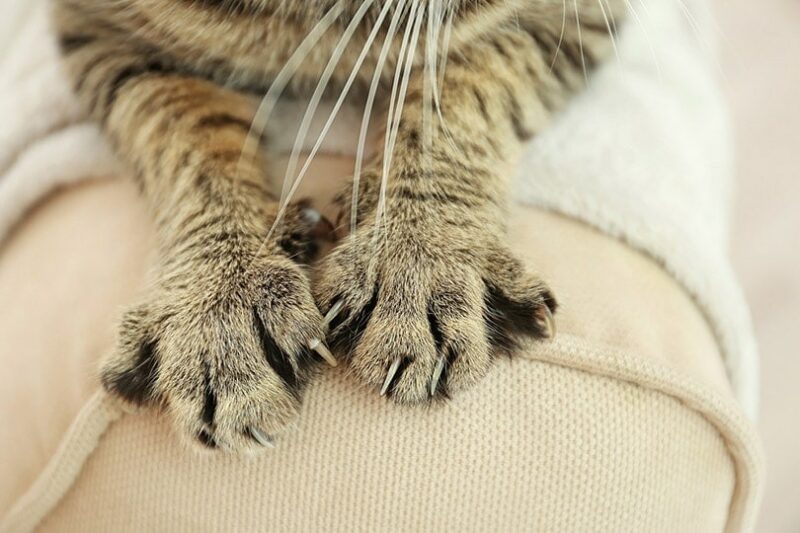In this article
View 8 More +Are you looking for a small cat that’s affectionate, playful, intelligent, and unique? If so, the Singapura cat will be an excellent choice. The diminutive cats rarely weigh more than 8 pounds and are the smallest domesticated breed in the world.
Singapuras make up for their small size with a big, outgoing personality. They like being the center of attention and will gladly follow you around your home as you work, do chores, or surf the internet on your phone.
These affectionate cats are a handful and demand more attention than most other breeds. You’ll learn more details about this tiny but terrific cat below and decide if adopting a Singapura is the best choice for you and your family.
Breed Overview
Height:
6 – 8 inches
Weight:
4 – 8 pounds
Lifespan:
11 – 15 years
Colors:
Muslin or sepia tone with bands of light and dark ticking
Suitable for:
Families, seniors, singles
Temperament:
High energy, frisky, affectionate, fun, clingy, shy
As the smallest domestic breed, Singapura cats act as if they don’t know how small they are. Singapuras have outsized personalities and are generally friendly, outgoing animals that love being around their people. One of the breed’s signature traits is that, even as adults, they tend to stay kitten-like. They’re also unusually talkative for cats and have lovely, sweet voices. One thing is certain; with a Singapura in your home, there will never be a dull moment!
Singapura Cat Characteristics

Singapura Cat Breed Kittens
Depending on your lifestyle, adopting an adult Singapura rather than a kitten might be better. Singapura kittens are incredibly active and need a huge amount of attention for the first few months of their little lives. If you’re too busy to provide the attention, activity, and entertainment they need, a Singapura kitten can become destructive with their tiny claws.
It’s also worth noting that Singapuras are relatively rare and somewhat difficult to find in the United States. Also, the breed is known to have smaller litters than most cats, usually 3 to 4 kittens. The combination of these factors makes finding a Singapura kitten harder than it sounds.
Singapura kittens can cost upwards of $2,000, along with the usual cat supplies all cats need. You can adopt a Singapura at a shelter, but since they’re rare, they may be hard to find. However, you can ask someone from the shelter to contact you if they take in a Singapura cat.

Temperament & Intelligence of the Singapura Cat
Considering how small they are compared to most other breeds, it’s surprising how active, affectionate, and fun most Singapuras can be. To say that these cats are extroverts would be an understatement! They will demand your attention using their sweet voices and insert themselves into any situation you happen to be involved in.
Regarding intelligence, the Singapura is one of the smartest breeds. They aren’t satisfied sitting around and waiting for you to engage with them but will happily come to you for attention. Also, you’ll find that, rather than staying on the floor, they like to get up as high as possible, including cabinets, the fridge, and your shoulders. That way, they can look around and ensure they know exactly what’s going on.
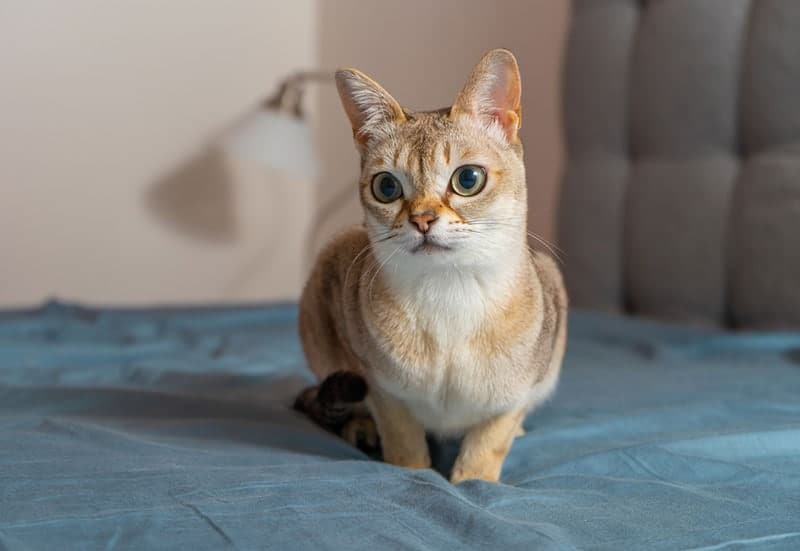
Are These Cats Good for Families?
Singapuras are excellent family cats and are easily adaptable to a wide variety of living situations. Large families with children who know how to handle cats will love having a Singapura around the house. Senior citizens who want an affectionate and doting cat to care for will love the breed, but they might find Singapuras wearing them out more than other cats. Single owners who work from home will love having a Singapura cat around, especially if they want a constant companion.
It’s worth noting, however, that families who don’t spend much time at home might want to avoid this breed. As mentioned earlier, Singapuras can become destructive if they aren’t constantly being entertained.
Does This Breed Get Along With Other Pets?
You’ll be pleased to know that the Singapura gets along with other cats quite well, and, if socialized well as a kitten, will also get along with other pets, including dogs. One factor you should undoubtedly keep in mind when you adopt a Singapura is they tend to suffer from separation anxiety. Having another pet at home to keep them company is not a bad idea and can improve their lives greatly, especially if you spend a lot of time away from your home.

Things to Know When Owning a Singapura Cat
Owning a Singapura is similar to caring for other cats in some ways and significantly different in others. We discuss those differences for you below.
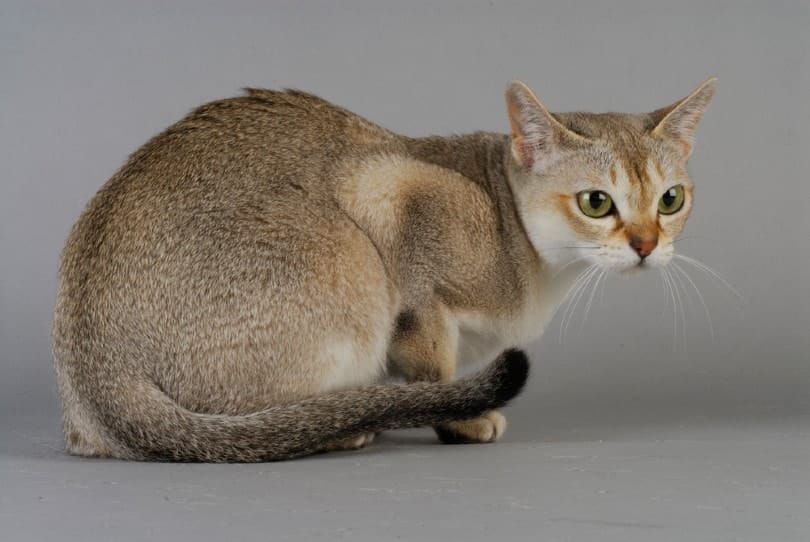
Food & Diet Requirements
Singapuras are grazers and, unlike dogs, eat a small amount of food throughout the day. Their diet requirements are similar to other cats in that they need high-quality cat food to live a long, healthy, and happy life. If you decide to feed your Singapura wet food, be sure to clean its bowl thoroughly every day to prevent bacteria from making your cat sick.
Exercise
Don’t let a Singapura cat’s small size for you; they love to run around and play! Indeed, they need regular exercise to stay physically and psychologically healthy. That’s why it’s recommended that you have plenty of time to spend with your Singapura cat when you adopt one.
If time is a problem, you must find cat toys that your Singapura enjoys. Changing their toys regularly is recommended so that they stay engaged and don’t get bored. Cat toys that incorporate mentally engaging play are recommended since Singapuras have above-average intelligence levels.
Training
One of the most pleasing traits of the Singapura is that they’re brilliant, which makes them relatively easy to train. Unlike many breeds that completely ignore you if you try to teach them something new, a Singapura will jump right in and get with the program immediately. Many Singapura owners have even taught their cats to walk on a leash!
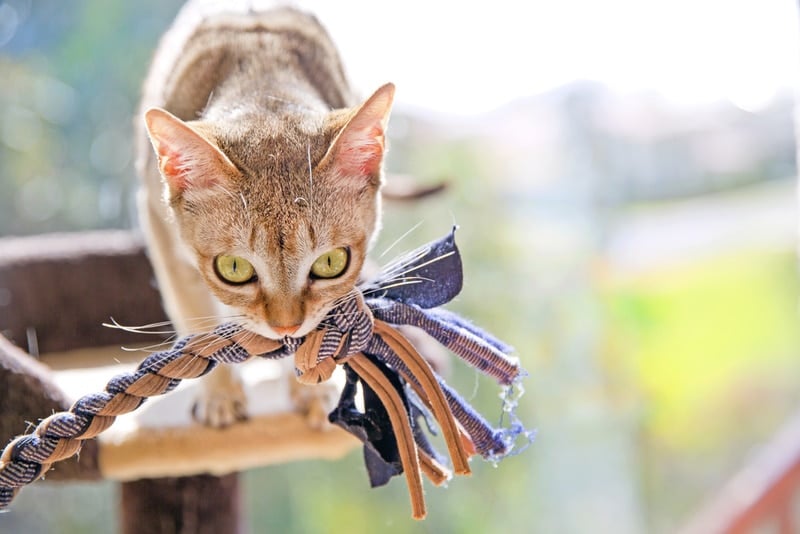
Grooming
Like most cat breeds, the Singapura should be groomed regularly, including their coat, teeth, nails, ears, and eyes. The good news is that Singapuras have a short, dense coat that’s easy to care for. A thorough brushing once a week should suffice. Brushing their teeth daily and clipping their claws every 6 weeks is also vital for their health.
Health and Conditions
The good news is that Singapuras are a long-lived breed and can reach 15 years of age and older. The bad news is that they have unique health issues that can affect several aspects of their life, mostly caused by a lack of genetic diversity.
For example, Singapuras have problems birthing kittens because of a condition called uterine inertia. Because of this issue, many Singapura kittens are delivered by c-section. Also, the cat suffers from a blood-related health issue called pyruvate kinase deficiency which can cause anemia and is only curable via a bone marrow transplant.
- Hypothyroidism
- Diabetes
- Asthma
- Atopic dermatitis
- Uterine inertia
- Pyruvate kinase deficiency
- PRA (Progressive retinal atrophy)
- Renal failure

Male vs Female
Besides a female’s smaller size and lower weight, there’s not much difference between a female and male Singapura cat. Unless you plan to breed your cat, having it desexed is highly recommended by veterinarians because it will lengthen its lifespan and lower aggression and other unwanted traits like spraying.

3 Little-Known Facts About The Singapura Cat
1. Singapuras Are Also Known as “Drain Cats” in Singapore
They often live in drain pipes and gutters due to their small size.
2. Their Name, Not Surprisingly, Means Singapore
In Malaysia, Singapore is called Singapura.
3. They’re Controversial Cats
It’s believed that the Singapura breed originated in the United States and was brought to Singapore. For this reason, many enthusiasts claim that the Singapura should be classified as an American breed.
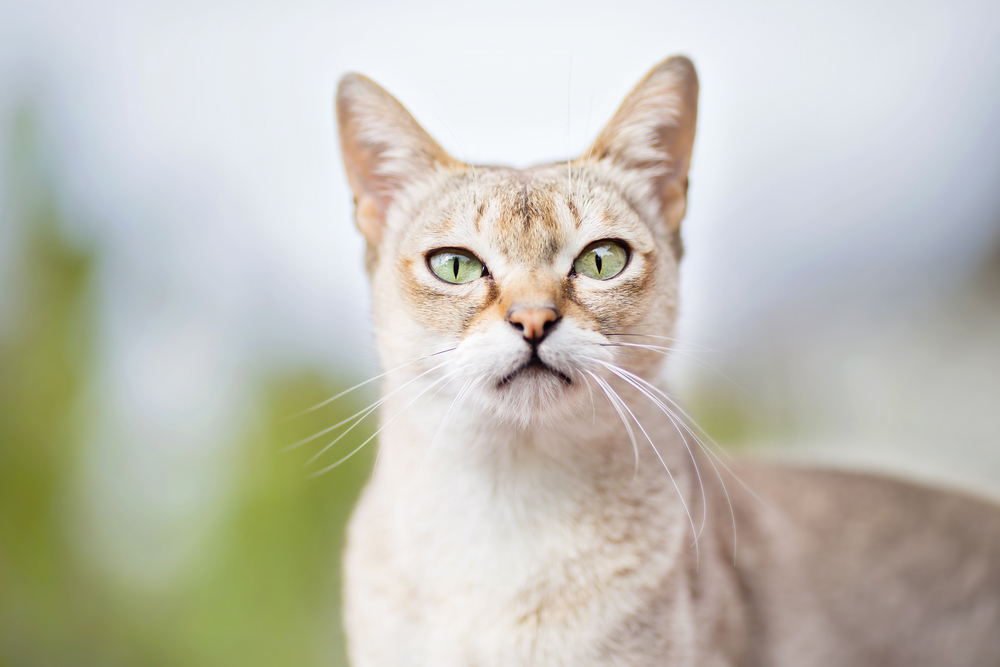

Final Thoughts
The Singapura cat is one of the most outgoing breeds and quite affectionate. They love being around humans, are vocal when they want attention, and will gladly follow you wherever you go. One big caveat about this lively breed is that they often need more attention and mental stimulation to stay happy and healthy. If they don’t get it, Singapuras can be a bit destructive. If you devote the time, energy, and patience this breed demands, you’ll be rewarded with a devoted and affectionate friend for life.
See also:
- 10 Best Heated Cat Beds in 2024 (Indoors & Outdoors) – Reviews & Top Picks
- Exotic Shorthair Cat Breed: Pictures, Temperament & Facts
Featured Image Credit: chrisbrignell, Shutterstock
